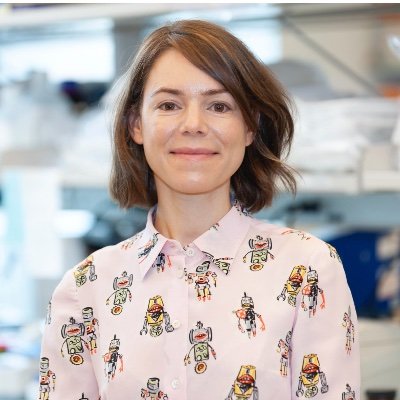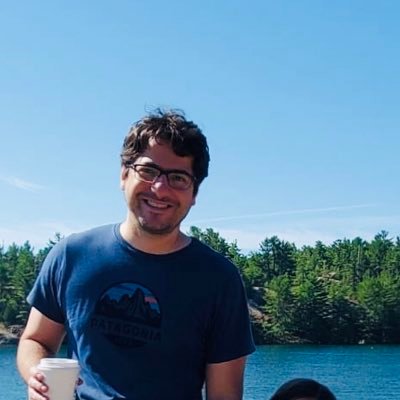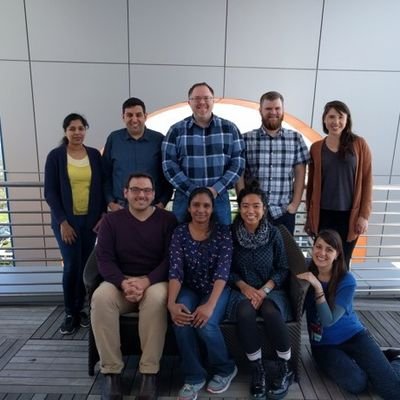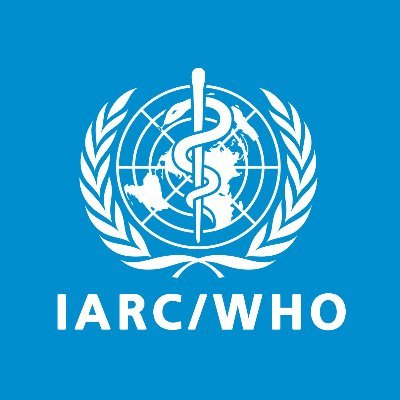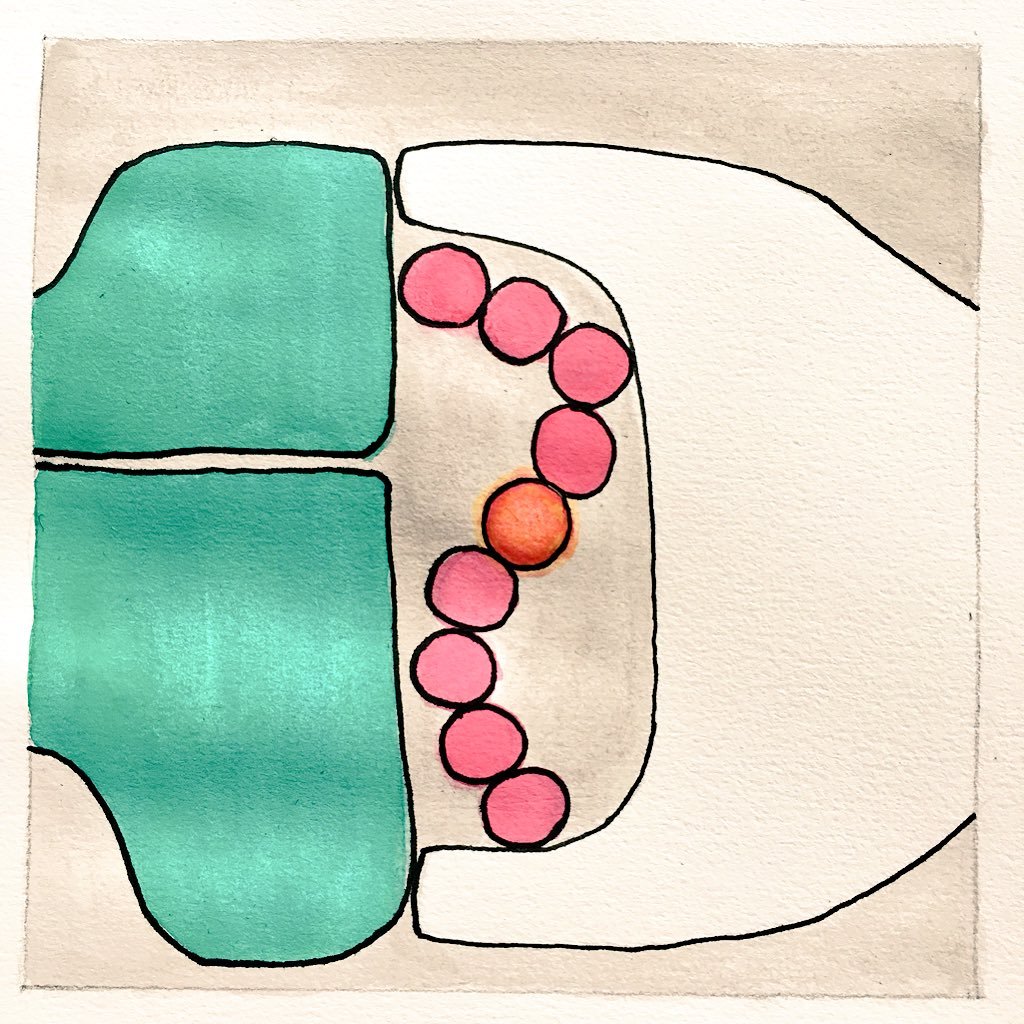
Benjamin D. Greenbaum
@bengrbm
Followers
1K
Following
1K
Media
15
Statuses
638
Member @CompOncMSK @MSKCancerCenter Co-Director, Olayan Center for Cancer Vaccines Comp Immuno-oncology Self/nonself theory Founder @rome_tx Physicist
New York, NY
Joined June 2011
Thank you @the_IAS for allowing me to share how #IAS shaped my winding path from physics -> working on #mRNA vaccines in cancer @CompOncMSK @MSKCancerCenter. As theme for my research I landed on "What is Non-self?". With @TheVinodLab @MartaLuksza & others 👇👇👇
💉 Discover how the curious and collaborative nature of the Institute led to a breakthrough in the world of immuno-oncology with past Long-term Member Benjamin D. Greenbaum (@bengrbm):
2
1
29
Excited to share our review on Thetis cells and dendritic cells, and their roles in mucosal tolerance and immunity @NatImmunol
https://t.co/hJwimUfExh
https://t.co/oI6d1GsgZz
4
41
132
Great feature from @MSKCancerCenter on ASPIRE awardee @bengrbm! His success building a computational model of viral mimicry — grounded in his background in theoretical physics — highlights the value of novel, multidisciplinary approaches to cancer’s biggest questions.
Over the last decade, computational oncologist Dr. @bengrbm has tried to shed light on the innate immune system and how it affects cancer cells as they evolve. One important aspect is a phenomenon called “viral mimicry,” caused by repetitive DNA sequences. Now Dr. Greenbaum’s
1
3
10
Thank you @MSKCancerCenter for highlighting our work on #viralmimicry in our genome, its evolution, the selective forces on it, and its potential role in cancer. A years long collaborative effort with @sunsiyu1 @stephen_martis @decarvalho_lab @petr_sulc & many great
Over the last decade, computational oncologist Dr. @bengrbm has tried to shed light on the innate immune system and how it affects cancer cells as they evolve. One important aspect is a phenomenon called “viral mimicry,” caused by repetitive DNA sequences. Now Dr. Greenbaum’s
0
1
16
It was really fun to contribute to this highly collaborative project. Great science with wonderful co-authors. Watch @bengrbm's page for more ways in which we can quantify the immunological effects of repeats and cast light on the "dark genome" (*ominous music plays*).
Sharing a paper below in @CellGenomics that took us literally 10 years+ (!) to write on the topics of 👇👇👇 * How, exactly, do we quantify viral mimicry - the expression of molecular features usually associated with nonself viruses by our own "self" cells? * Why do we see
0
1
4
Sharing a paper below in @CellGenomics that took us literally 10 years+ (!) to write on the topics of 👇👇👇 * How, exactly, do we quantify viral mimicry - the expression of molecular features usually associated with nonself viruses by our own "self" cells? * Why do we see
0
10
26
Excited to have this paper out today! Repeats mimic pathogen-associated patterns across a vast evolutionary landscape." It was a fun and productive collaboration with Benjamin Greenbaum, John LaCava, Simona Cocco, Petr Šulc and many others!
cell.com
An emerging hallmark of disease is transcription of pathogen-associated molecular patterns from within the genome–known as viral mimicry. We propose a statistical physics framework to measure...
0
4
11
Repeats mimic pathogen-associated patterns across a vast evolutionary landscape @CellGenomics
https://t.co/ZYRwAVAcgD
@bengrbm @petr_sulc @MSKCancerCenter @ASU @and_digio 🇫🇷🇺🇸
0
2
6
David Baltimore, Nobel-Winning Molecular Biologist, Dies at 87 - The New York Times He was a great mentor to me and many others, and will be dearly missed
nytimes.com
He was only 37 when he made a discovery that challenged the existing tenets of biology and led to an understanding of retroviruses and viruses, including H.I.V.
3
12
44
Excited to launch this new collection on #viralmimicry @MobDNAjournal with my brilliant colleague @ChiappinelliLab!!! Look forward to many great submissions on this important topic!
Open for submissions! We are excited to announce the launch of our new collection: Viral Mimicry 🦠✨ Submit your latest research exploring how viruses imitate host processes to evade immunity and regulate infection. 🔗 https://t.co/jM58zG8br1
#CallForPapers #ViralMimicry
0
0
9
Open for submissions! We are excited to announce the launch of our new collection: Viral Mimicry 🦠✨ Submit your latest research exploring how viruses imitate host processes to evade immunity and regulate infection. 🔗 https://t.co/jM58zG8br1
#CallForPapers #ViralMimicry
0
4
11
Researchers at MSK continue to build upon early ideas in cancer research, breaking new ground and driving the field now known as "#immunotherapy" forward. Today, one specific type of immunotherapy —therapeutic #cancervaccines — has taken center stage. Unlike traditional
2
14
32
According to a study co-led by researchers at MSK and published in @NatureMedicine, a new vaccine shows encouraging early results as a potential ready-made treatment for patients with pancreatic or colorectal cancer. Unlike individualized cancer vaccines, which are tailored to
4
47
132
It is with deep sorrow that IARC announces the passing of Professor Pierre Hainaut, former head of our Molecular Carcinogenesis Unit. He will be remembered not only for his brilliant mind but also for the profoundly human spirit behind the science. https://t.co/90SzABOTvJ
1
5
11


